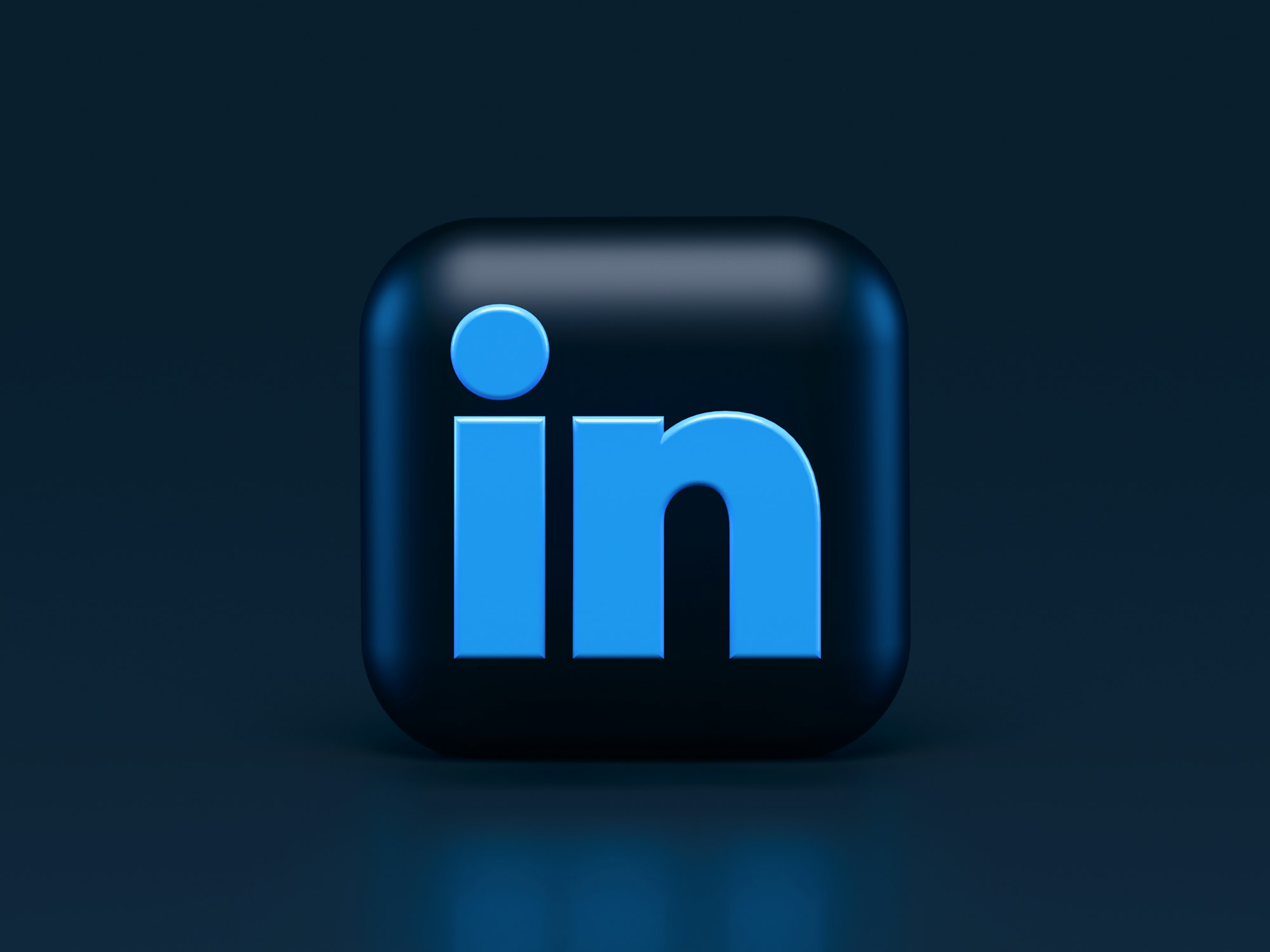A decade ago, no self-respecting business would be seen dead without a multi-story multi-functional printer-copy-fax-scanner proudly sitting in the corner. After a shift to hybrid working, that isn't true today. What comes next?
People still print, want to print, but not like they used to
Sometimes, industries are subsumed by changes in society and culture. Office technology is changing again today, with more knowledge workers spending at least a couple of days away from the office.
Printing isn't always a nice-to-have, sometimes it's essential. But those 'essential' use cases are in decline.
The use of paper as forms, invoices, memos, formal letters of correspondence, in all of these areas, new digital means of communications, and fab little apps like Microsoft Lens--that let you take a high quality 'scan' of documents on your mobile phone--are displacing the need for printing.
Documents as a narrative
One great aspect of printed documents is that they frame content beautifully.
Back in a time when Victorian England found nature and went on their trains and horse-drawn coaches to The Lakes for the first time, many took with them an unusual device called a Claude Glass. This little convex lens allowed connoisseurs of the landscape to reduce and simplifying the colour and tonal range of scenes and scenery to give them a painterly quality.
Printed documents have this effect on content: We see information structured in a familiar and more easily absorbed format, hence the reason why Catalogue selling still works!
Look at how successful Governments were in sharing instructions on how to complete home COVID lateral flow tests using written pamphlets. What would've been the consequence of NOT having this practical 'physical' means of knowledge distribution?
Even in the digital age, the ability of hard-copy documents to present information in stories, with a logical flow from top left to bottom right, has value to anyone trying to persuade someone of something.
This makes sense. You don't want to store invoice data in hard copy anymore. You don't generally want to send letters by snail mail post. But when it comes to sharing content with others during meetings, or distributing content that benefits from structure, documents will play a role into the future. So, don't think about binning that MFP in the corner just yet.




